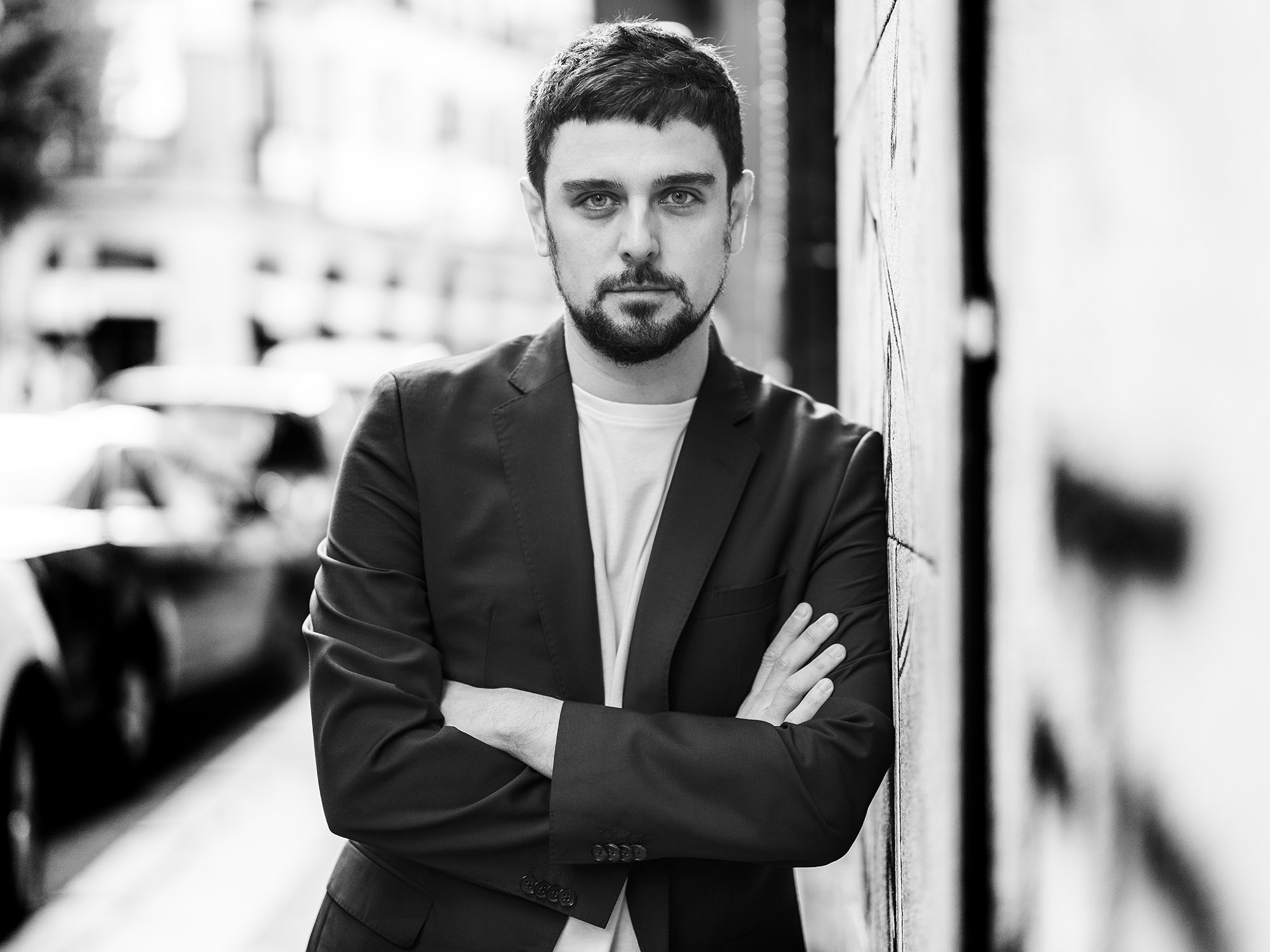Diego Garrocho Tesis: Cuban literature has been through many changes in the past century, and the future of Cuban literature is uncertain. However, there are a few things that seem to be certain. For one, Cuban literature will continue to be shaped by its unique political and social context. Additionally, Cuban writers will continue to experiment with new literary forms and strategies. Diego Garrocho has written a thesis on the future of Cuban literature, and you can read it here. In his thesis, Garrocho argues that the future of Cuban literature is tied to the island’s political and social situation. He contends that as Cuba moves closer to a capitalist society, its writers will be forced to confront issues such as globalization, urbanization, democracy, and human rights.
Diego Garrocho Tesis: What is Cuban Literature?
What is Cuban literature?
The answer to this question is complex and ever-changing, as the landscape of Cuban Literature has undergone many transformations in recent years.
One thing that is for certain, though, is that Cuban Literature continues to play an important role in the country’s culture and society.
Some of the most well-known writers in Cuba today include Antonio Maceo, Reinaldo Arenas, Ernesto Sabella and Yoani Sanchez. Their work reflects the various challenges and opportunities facing Cubans today – such as political unrest, economic hardship and social change.
At the same time, Cuban literature remains rooted in its unique cultural heritage. This includes traditions such as oral storytelling, which has been passed down from generation to generation.
As a result of all these factors, it’s difficult to say exactly what the future of Cuban literature will be. But one thing is for sure: it’s exciting to watch it grow and evolve over time!
The Future of Cuban Literature
The future of Cuban literature is still up for debate, but there are a few things that seem clear. Firstly, the island’s literary traditions will continue to be respected and admired. Secondly, writers from Cuba will continue to produce new work, regardless of the political situation on the island. And finally, international recognition and exposure will continue to be important factors in the success of Cuban authors.
Cuban literature is famously rich and diverse, with authors writing about everything from political activism to love stories. However, it’s also been consistently praised for its distinctive style and expressive language. This makes Cuban literature highly prized by both readers and critics alike.
Since the beginning of the Castro regime in Cuba in 1959, literature has been used as a tool for social change. Writers have used their work to criticize government policies and express their discontent with society as a whole. Despite this critical approach, Cuban literature is frequently imbued with a sense of humour and irony which has made it popular with both readers and critics alike.
Despite the challenges posed by restrictions on freedom of expression, Cuban writers have continued to produce ground-breaking works that are enjoyed around the world. As long as they are able to keep producing quality writing, they should be well placed for an enduring future as one of Cuba’s leading literary institutions
Conclusion
One of the most intriguing questions that arises with regard to Cuban literature is its future. After all, as a society Cuba has undergone a great deal of change in the past few decades – including political and social transformations that have had an impact on both writers and their works. What direction will Cuban literature take in the years to come? And what role will it play in shaping Cuban society as a whole? These are just some of the questions that deserve to be explored further.
